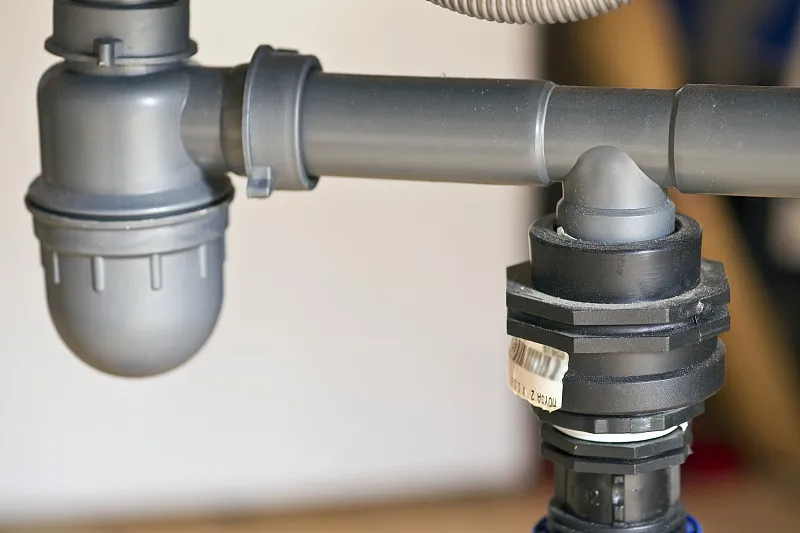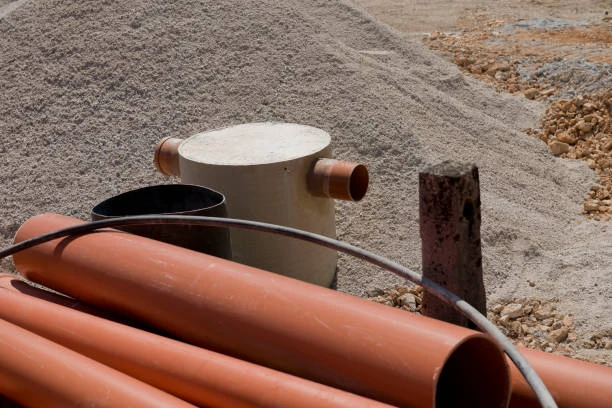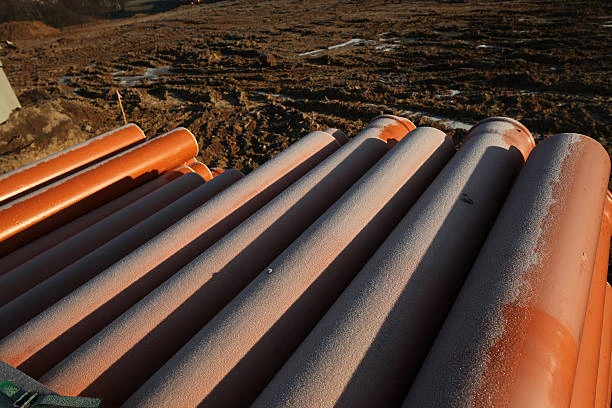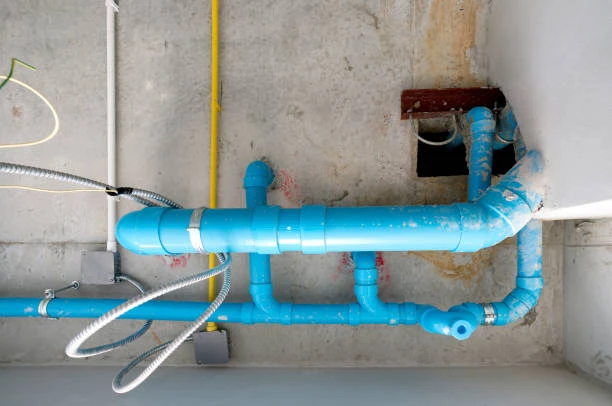PVC water pipe fittings are essential in modern plumbing, known for their affordability, durability, and ease of installation. However, a recent industry report has raised concerns regarding PVC fittings’ performance and environmental impact. This report sheds light on potential limitations and challenges, encouraging professionals and homeowners to reassess their use of PVC fittings.
What Are PVC Water Pipe Fittings?
PVC water pipe fittings are components made from polyvinyl chloride, a durable plastic used widely in plumbing. These fittings connect sections of PVC pipes, allowing efficient water flow in residential, commercial, and industrial systems. They’re especially popular due to their ease of use, cost-effectiveness, and corrosion resistance.
Why PVC Is Commonly Used in Plumbing
PVC’s popularity in plumbing comes from its many benefits:
- Affordability: PVC costs less than many other materials, such as copper or stainless steel.
- Ease of Installation: PVC pipes and fittings are lightweight and simple to install.
- Durability: PVC resists corrosion, ensuring longevity in various environments.
The Purpose of the New Report on PVC Fittings
The latest report seeks to investigate the potential downsides of PVC water pipe fittings. Given their widespread use, understanding PVC’s environmental impact, durability, and safety is crucial for both consumers and the industry.
Major Concerns Highlighted in the Report
The report emphasizes three main concerns:
- Environmental Impact: PVC production and disposal contribute to pollution.
- Durability: Questions around PVC’s lifespan in different environments.
- Health and Safety: Potential risks to water quality and health.
Issues with PVC Water Pipe Fittings in High-Temperature Applications
PVC fittings are not ideal for high-temperature water systems. Prolonged exposure to hot water weakens PVC, causing cracks and leaks. The report advises caution when using PVC for hot water, suggesting alternative materials like CPVC or PEX for high-temperature applications.
The Impact of Poor Installation on PVC Fittings
Incorrect installation practices, such as inadequate adhesive use or improper pipe alignment, can lead to fitting failure. The report suggests that professional installation and regular inspection are key to maintaining PVC systems’ performance.
Chemical Sensitivity of PVC Fittings
PVC is vulnerable to certain chemicals, particularly solvents and oils. Exposure to incompatible substances can degrade the material, reducing its lifespan. To prevent chemical damage, experts recommend using only approved cleaners and ensuring compatibility with other plumbing materials.
Compatibility of PVC with Other Plumbing Materials
Mixing PVC with incompatible materials, such as certain metals, can lead to issues like galvanic corrosion. The report warns against combining PVC with materials that could accelerate wear, especially in water systems exposed to harsh chemicals.
The Report’s Findings on PVC Longevity and Durability
Data in the report suggests that while PVC can last several decades under ideal conditions, its lifespan can significantly reduce in environments with high temperature, harsh chemicals, or frequent physical stress. Regular inspections and maintenance are recommended to extend the durability of PVC systems.
Health and Safety Concerns Associated with PVC
PVC is generally safe for potable water when manufactured to specific standards. However, the report cautions about potential leaching of chemicals in low-quality PVC products. Using certified, high-quality PVC fittings can help mitigate health risks in water systems.

Environmental Impact of PVC Production and Disposal
The report highlights PVC’s environmental drawbacks. Producing PVC releases toxins, and improper disposal can pollute ecosystems. Recycling options exist but are limited, making PVC less eco-friendly compared to some alternatives.
Alternatives to PVC Water Pipe Fittings
For applications where PVC might not be ideal, the report suggests alternatives:
- PEX: A flexible and durable material suitable for hot and cold water.
- Copper: Extremely durable and recyclable but costlier than PVC.
- CPVC: Similar to PVC but more heat-resistant, ideal for hot water applications.
Industry Response to Report Findings
The plumbing industry has responded to the report with a mix of concern and defense. Some manufacturers have promised improvements in PVC production and recycling efforts, while others emphasize that proper use and maintenance can mitigate many of the issues highlighted.
Conclusion
PVC water pipe fittings have played a critical role in plumbing for decades. While affordable and effective for many applications, the recent report points out areas where improvements could be made, particularly regarding environmental impact, durability, and safety. As consumers and professionals continue to evaluate these findings, they may turn to alternative materials or adopt better practices to ensure their systems’ longevity and sustainability.
FAQs
- Are PVC fittings safe for drinking water?
Yes, certified PVC fittings are safe for potable water. - How long do PVC water pipe fittings last?
PVC fittings typically last 20–50 years with proper maintenance. - Can PVC fittings handle high temperatures?
PVC is not ideal for hot water systems; consider CPVC for high-temperature use. - Is PVC environmentally friendly?
PVC has a significant environmental impact due to its production and disposal. - What are alternatives to PVC fittings?
PEX, copper, and CPVC are common alternatives for different plumbing needs.


















